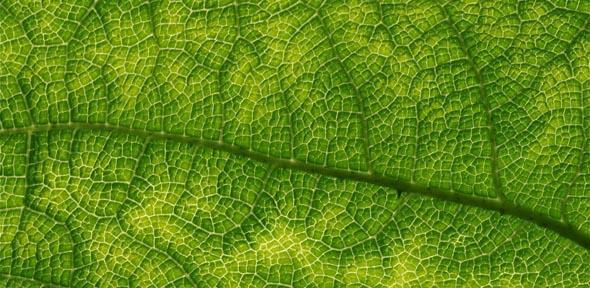
Submitted by Dr Nalin Patel on Thu, 24/10/2013 - 16:22
To maximise the efficiency of solar cells of the future, physicists are taking a leaf out of nature’s book
Focusing on the ancient green sulphur bacteria, Winton Advanced Research Fellows Dr Alex Chin and Dr Nicholas Hine are investigating the early stages of photosynthesis – the process in which plants and some bacteria capture the sun’s light energy and convert it into chemical energy, or food.
“The light-harvesting states of photosynthesis are highly efficient in many species, and happen extremely fast – within a nanosecond, if not picoseconds,” said Chin. “We’re very interested in that efficiency and how it’s managed. Biology has evolved phenomenally subtle systems to funnel light energy around and channel it to the right places. It has also become incredibly good at building tiny devices that work with high efficiency, and at replicating them millions of times.”
“Most current ways of building photovoltaic materials have been arrived at to a great extent by chance,” said Hine. “We’re taking a step back and asking whether we can work out from simulations how well materials are going to perform. The materials science of the last century was focused on bulk materials, but now it’s all about introducing structure on a smaller scale.”
Details can also be found on the University research website.

